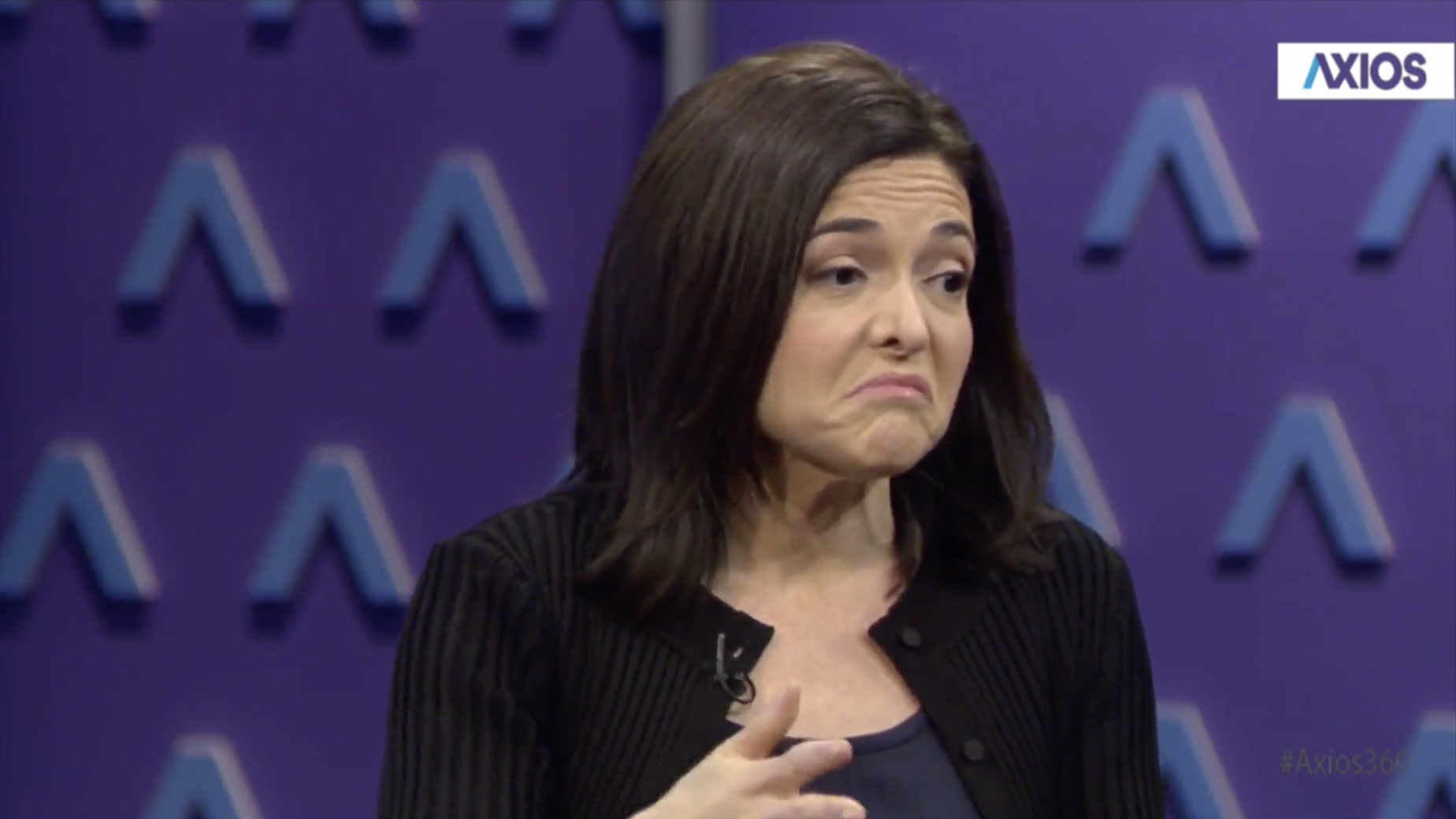The Worst Thing About Facebook Is That It Doesn’t Let Us Forget

Credit to Author: Louise Matsakis| Date: Fri, 13 Oct 2017 20:24:05 +0000
Next month, a representative from Facebook will testify before Congress about the social network’s role in spreading Russian misinformation during the 2016 US presidential election. In anticipation, Sheryl Sandberg, Facebook’s chief operating officer, is on a public relations campaign to convince the world that Facebook is good for democracy.
As a part of that tour, Sandberg sat down this week with the news organization Axios and answered a series of questions about Facebook from journalist Mike Allen. At one point, Allen asked Sandberg whether Facebook’s News Feed creates “filter bubbles,” echo chambers in which users only receive information that validates their preexisting viewpoints.
In response, Sandberg explained something we all understand to be true about Facebook. “Here’s what we know: What Facebook does is increases our ability to stay in touch with our weak ties,” she began, referring to a term sociologists coined to describe relationships we have that aren’t emotionally close. A weak tie is the guy who cuts your hair, or the barista you always buy coffee from, for example. They’re people you know and are friendly with, but who you wouldn’t call in a crisis.
“Without Facebook I wouldn’t hear from my high school friends very much,” Sandberg went on. “Facebook increases my awareness of them and their views.”
She’s right. Facebook is designed so you never forget anyone. Part of the unique hell of the social network is scrolling through our News Feeds and reading updates from people once relevant to our lives who have since faded into near-obscurity. I’ve been on Facebook for nearly a decade, and despite an extensive post-high school unfriending spree, I have still accumulated, in total, 752 friends. Most of my peers have far more; one close friend has nearly 2,000.
Keeping up with hundreds of weak ties on Facebook doesn’t make me feel more connected to the world, though. It’s exhausting. Is it unhealthy for me to know that a girl from my freshman year English class has broken up with her latest boyfriend? Probably. I don’t see the utility in collecting acquaintances like boxes in an attic.
I hate that Facebook compels me to be invested in the lives of people I have no business caring about. Instead of spending time with the people I do know and love, I often catch myself getting upset about a racist post someone I haven’t seen in a decade put on Facebook.
At this point, my Facebook account is so old that I often come across updates from people I no longer recognize. Part of the problem is the algorithm that powers Facebook’s News Feed now overly prioritizes video. Instead of all kinds of posts from people I only sort of know, I mostly now see videos they’ve shared.
To Facebook’s credit, it’s not hard to change who you see on your News Feed. The social network has a feature that lets you “unfollow” friends so you’ll no longer see their posts unless you go directly to their profile. Facebook is also testing a more subtle version, which temporarily “snoozes” a person.
I have “unfollowed” some of my Facebook friends using the feature in the past, and a very strange thing occurred. I found that I often forgot about their existence entirely, until their name resurfaced again for one reason or another, usually in real life.
Each time this has happened, I’m reminded of the mental space that people I wasn’t close to were occupying when I followed them. Without even realizing it, Facebook was causing me to passively keep up with their lives, even though I never spoke to them personally. I don’t miss anyone I’ve unfollowed.
I could, without much effort, unfollow hundreds more of my Facebook friends, and design a News Feed that only delivered information about the people I am close to, not the weak ties. If I did that though, I would be going against what Sandberg thinks is a purpose of Facebook.
https://motherboard.vice.com/en_us/rss